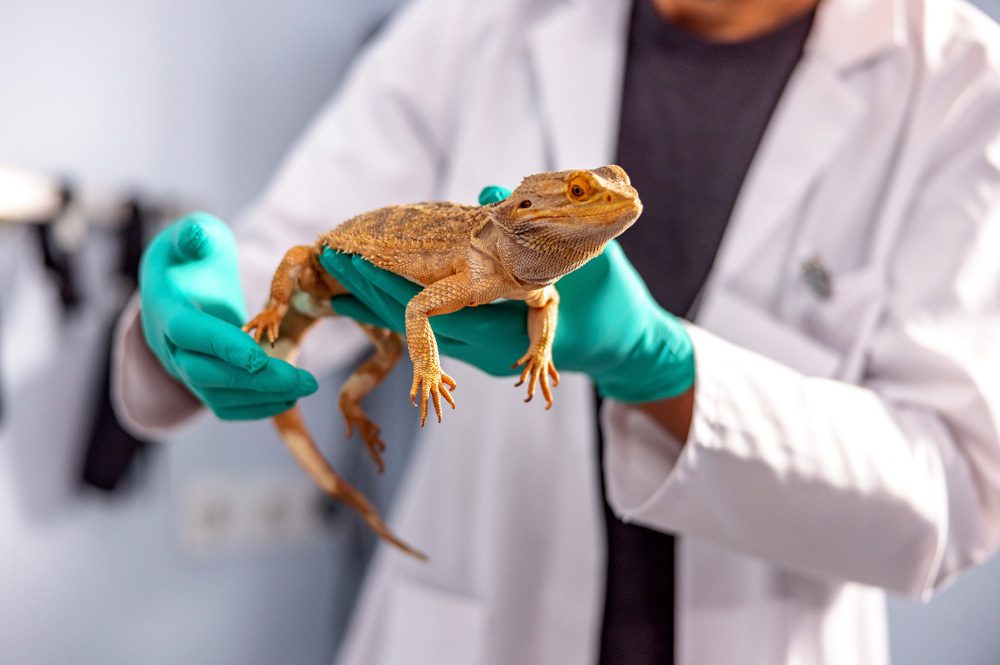Omaha, NE, is home to several exotic animal rescues that serve as sanctuaries for these unique creatures. These organizations play a vital role in rehabilitating, caring for, and rehoming exotic animals. Many of these animals have been abandoned, surrendered, or seized in unsafe conditions. Whether your goal is to volunteer, donate, or adopt an exotic animal, it is crucial to select the right rescue organization.
The following are five essential tips to help you find the right exotic animal rescue in Omaha, NE.
Research the Reputation and History of Exotic Animal Rescue in Omaha, NE
Start by conducting thorough research into the rescue’s reputation and history. Seek out rescues that have been operational for several years. A lengthy track record often indicates consistent success in caring for and rehoming exotic animals. Additionally, review online feedback, testimonials, and social media pages. These sources provide essential perspectives on the experiences of others who have interacted with the rescue.
Furthermore, you should examine the rescue’s accreditation and affiliations. Reputable organizations often receive accreditation from larger animal welfare groups, such as the Global Federation of Animal Sanctuaries (GFAS) or the American Sanctuary Association (ASA). These affiliations signify the rescue’s commitment to maintaining high standards of care and ethics.
Visit the Rescue Facility
Next, it is essential to arrange an in-person visit to the rescue facility before committing to any involvement. During your visit, carefully observe the cleanliness and organization of the premises. A well-maintained facility often reflects the rescue’s dedication to guaranteeing a safe and healthy atmosphere for the animals.
Moreover, close attention should be paid to the enclosures and the living conditions of the animals. Are the animals housed in environments that are appropriate for their species? Do they have sufficient space, enrichment, and access to food and water? Furthermore, a reputable rescue ensures that each animal’s physical and psychological needs are fully met.
Additionally, observe the staff and volunteers. Do they demonstrate knowledge, friendliness, and attentiveness to the animals’ needs? The staff’s behavior and attitude often provide significant insight into the organization’s overall care and commitment. As you evaluate these factors, you can better determine if the rescue meets your expectations.
Evaluate the Rescue’s Adoption and Rehoming Policies
If you are considering adopting an exotic animal, it is essential to fully understand the rescue’s adoption and rehoming policies. A responsible exotic animal rescue in Omaha, NE, implements strict guidelines to ensure that animals are placed in suitable, long-term homes.
Furthermore, ask more about the adoption process. Is it essential for potential adopters to provide detailed information about their experience with exotic animals? Do they evaluate the living environment and the adopter’s capability of fulfilling the animal’s particular requirements? Screening all potential adopters shows that the rescue cares about animal welfare and aims to make sure each pet gets a satisfactory home.
Moreover, ask about post-adoption support. Does the rescue offer ongoing assistance or resources to help you care for your new pet? This support could include access to veterinarians who specialize in exotic animals, guidance on proper care and nutrition, and connections to support groups for exotic pet owners.
Assess the Rescue’s Financial Transparency
In addition, financial transparency is a critical factor when selecting an exotic animal rescue. Reputable rescues typically operate as nonprofit organizations, relying on contributions, grants, and fundraising activities to maintain their operations. These organizations should willingly provide detailed information about how they allocate their funds. You should seek out rescues that publish annual reports or financial statements on their website. If they do not, request this information directly from the organization.
Additionally, transparency in financial matters indicates that the rescue remains trustworthy and commits to using its resources responsibly for the benefit of the animals in their care. Furthermore, inquire about how they utilize donations. Are the funds directly supporting the care of the animals, or are they being used for administrative costs or other purposes? Understanding the impact of your contribution will enable you to make an informed decision.
Understand the Rescue’s Commitment to Education and Advocacy
Finally, you should evaluate the rescue’s commitment to education and advocacy. A reputable exotic animal rescue not only cares for animals but also actively works to raise awareness about the challenges faced by exotic animals in captivity. This includes promoting the importance of responsible pet ownership.
Moreover, look for rescues that offer educational programs, workshops, and community resources. These include seminars on exotic animal care, outreach programs in schools, or public awareness campaigns. These efforts highlight the dangers of keeping certain species as pets and emphasize the need for responsible care.
Additionally, the rescue should engage in advocacy efforts to protect exotic animals on a broader scale. This could involve collaborating with lawmakers to improve regulations around the trade and ownership of exotic animals. It might also include participating in conservation efforts or working with other organizations to rescue and rehabilitate animals from illegal or unethical situations. By understanding the rescue’s broader mission, you can better align your values with theirs. Know more about a related post!
Conclusion
In conclusion, selecting a suitable exotic animal rescue in Omaha, NE, requires careful consideration and a methodical approach. Supporting a reputable rescue means contributing to a cause that genuinely impacts the lives of these unique and fascinating creatures.
Contact JS Exotics if you’re passionate about exotic animals and want to learn more about how you can support their welfare.

